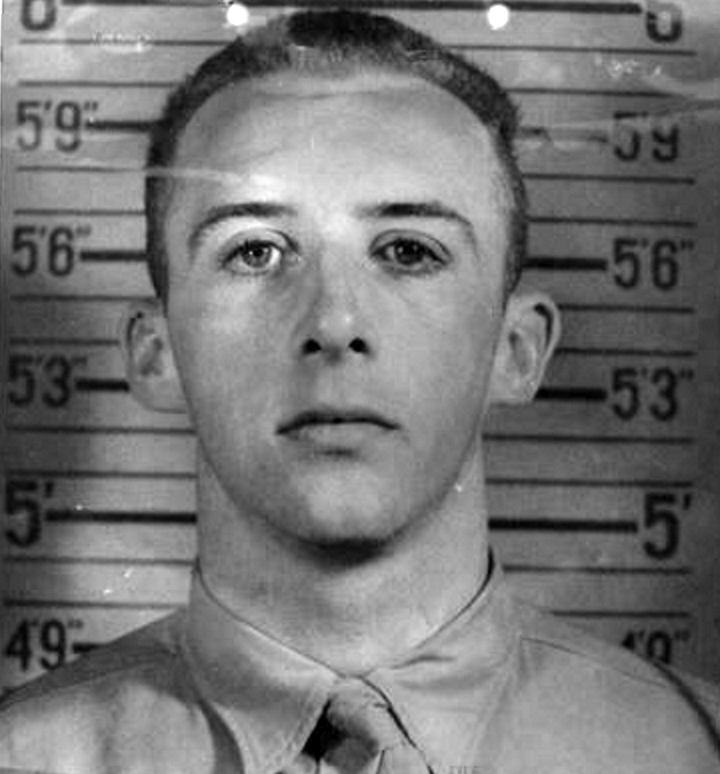When Jack Came Home
One day, the war ended. And Jack Prince didn’t come home.

He didn’t walk through the door of 88-11 247th Street as he might have done in 1945, with a row of ribbons on a forest-green uniform coat telling a silent story of all he’d seen and done. He never saw his hometown with a grown man’s eyes; eighteen when he left, he’d have been twenty-one in ‘45, old enough to amble down to the local VFW post – which would be named, no doubt, for another dead Bellerose boy – and share a beer or something stronger with other grown men who knew what he had been through without having to ask. He didn’t get to thank Grace for the gift and show her how he’d worn it every day, until he could put it in a jewelry box or a foot locker for the day his kids (maybe their kids) found it and asked what it was.
Jack didn’t come home with scars, on crutches, missing an eye or an arm, hair prematurely graying, prone to bouts of rage, drinking, depression, or silence. And he didn’t come home with an escort, carried into the living room by four somber Marines, laid in state for friends and family who knew him as he was to say goodbye, to go with him to a cemetery and leave flowers on Memorial Day.
Jack just didn’t come home.

One year to the day after he left Bellerose to enlist, Jack was buried on Betio with forty other men, Grace’s gift on his wrist, a bullet in his body, and a stick driven into the ground by his head, marking the resting place of
PFC
John F Prince
502466
Nov 20 1943
and there he stayed as the marker moved, the cemetery vanished, the cases closed and the questions remained. Killed in action. Body not recovered. Lost at sea, his family and friends were told, and gradually they came to believe and accept the story.
Until seven decades later, when the story changed.
